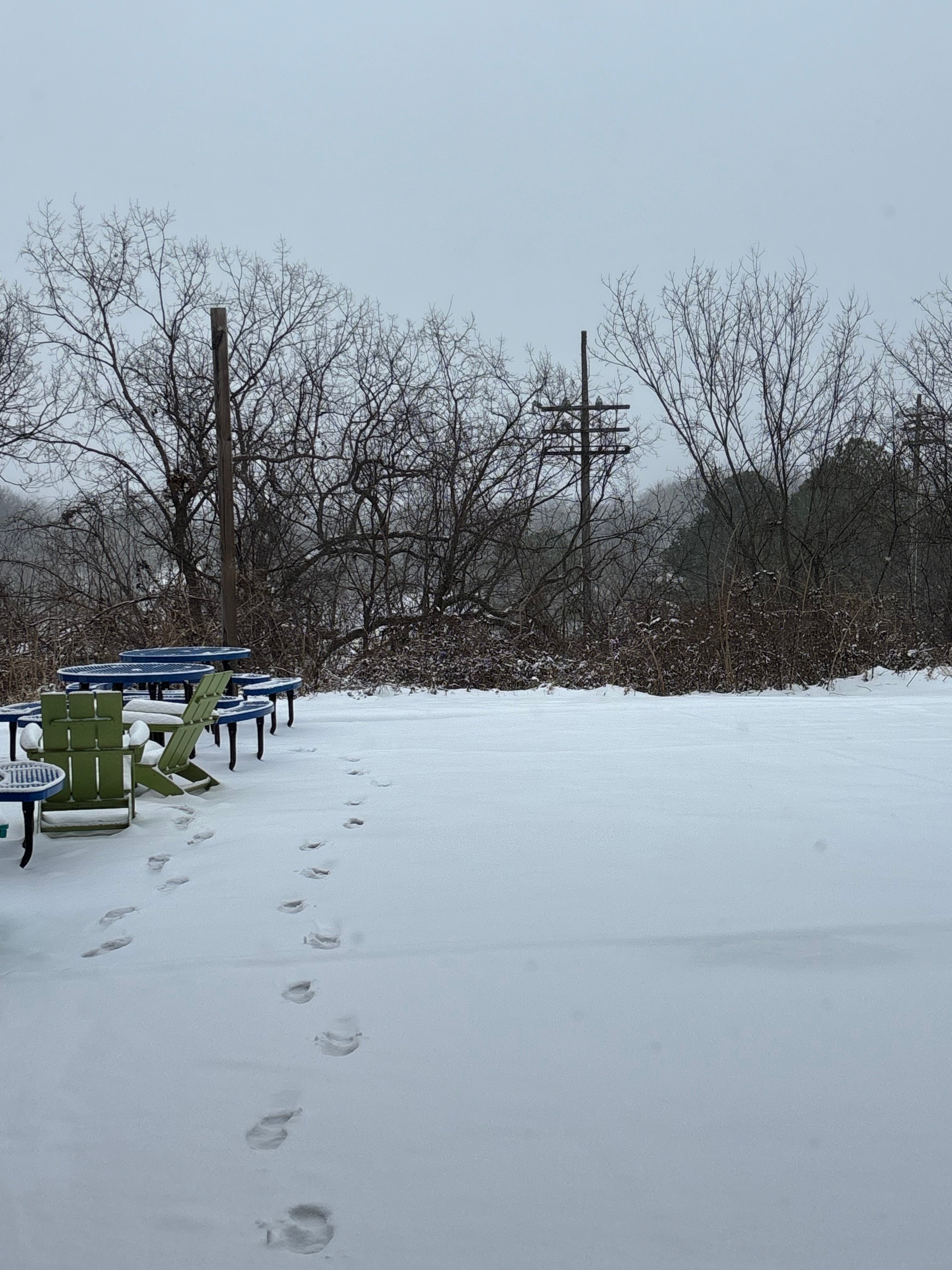![]()
Every year during orientation, freshmen funnel into the Berry Performing Arts Center to complete the Spiritual, Emotional and Relational Assessment survey. While taking the SERA is an orientation ritual dating back to 2004, many students don’t actually know what the survey measures or how the data is used.
Gary Oliver, the Executive Director of the Center for Healthy Relationships (CHR), developed the survey.
“He developed it to identify what’s going on in the lives of students, particularly in relationship to their emotional and relational intelligence. How good are they at managing their interactions with other people in healthy ways?” Derek Gwinn, Coordinator of Relationship Education, said. The survey was initially called the SRA (Student Relationships Assessment), but the name changed in 2016 when the CHR reviewed the assessment and reevaluated the questions they were asking.
“What we learned was that a lot of folks, when they look at the report, were thinking it was about romance and dating, and it’s much more than that,” Gwinn said. The SERA gathers data from students about how they view their own emotional, spiritual and relational intelligence.
The information the SERA gathers is shared every year with JBU faculty and staff, as well as the President’s cabinet.
“That influences some of [who] chapel speakers might be, some of how chapel topics may be presented. It also informs other departments on campus like student support or student development,” Gwinn said.
This year, they added for the first time questions about anxiety, depression, social isolation and loneliness. “Anxiety, depression and loneliness is something that students across the country are dealing with, and so we included those scales to better be able to speak to the incoming students,” Gwinn said.
Annika Stanley, senior psychology major, selected the questions used in the new part of the SERA. Stanley said she looked at other schools, companies and databases that administered surveys related to anxiety and depression and academic performance to find the right questions. As a psychology major, Stanley is passionate about the discussion of mental health and wellbeing on campus.
“Sometimes I feel like things that deal with anxiety and depression on campus are kind of swept under the rug and not talked about,” she said. “It’s not like the common cold where you take your meds and you’re fine.”
In this year’s survey, students were asked to what level they agreed with statements about anxiety and depression. The results this year were eye opening. Of a sample of 331 students, 291 of whom were freshmen, 75% of participants disagreed with the statement, “I rarely worry.” 54% disagreed with the statement, “I rarely feel depressed.”
“59% of the freshmen are coming in with feelings of anxiety already. They’re not even starting classes yet. This was taken the Monday of orientation. The only thing they really are at that point is exhausted,” Gwinn said. Gwinn explained that this statistic shows that over half of the incoming students this year deal in some way with anxiety or depression that developed be-fore coming to college. “The [response] that kind of shocks me is, ‘I look at the bright side of life.’ 80% disagreed with that.” The 2019 SERA data showed that the majority of students are coming into college with feelings of anxiety and depression and are not necessarily developing them in college.
“From an academic perspective looking at higher education, a lot of the conversation is, ‘our students are experiencing this at our universities.’ [Really], our students are experiencing this before they get to their universities,” Gwinn said. With access to this data, Gwinn said that faculty and staff members at JBU are able to better provide students with appropriate resources to manage these feelings of anxiety and depression.
“We can make adjustments in college life to avoid causing this, but it’s already gonna be here because it came here with them,” Gwinn said.
Beginning with this year’s freshmen and every year going forward, students will be able to contact the CHR and access their individual SERA scores. Gwinn hopes that students take advantage of the opportunity to meet with a Relationship Coach and learn more about their own spiritual, emotional and relational health.




